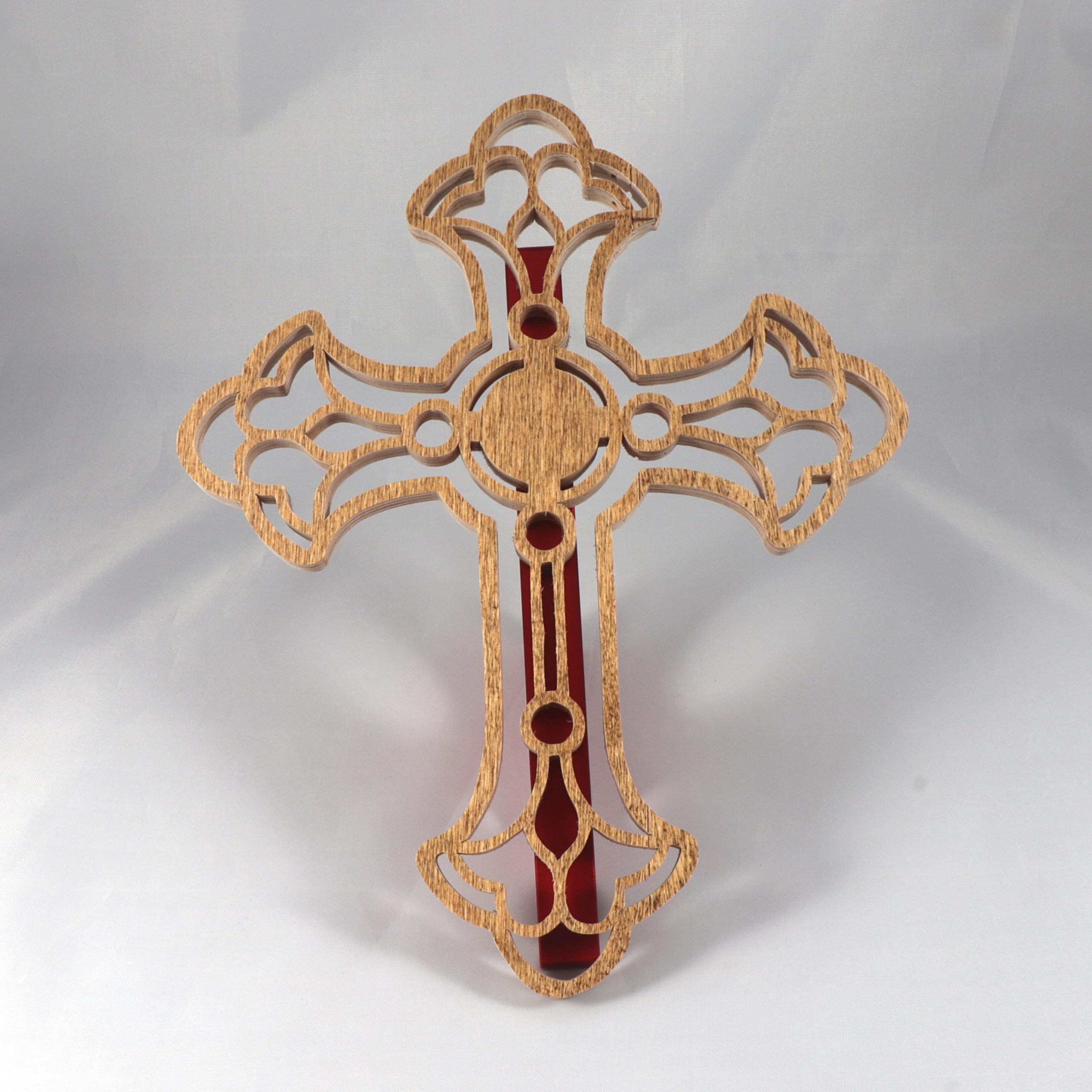Introduction: Where Faith Meets Artistry
In the heart of the Holy City, artisans continue an ancient tradition that bridges faith, culture, and craftsmanship: the making of Handmade crosses. Carved from centuries-old olive wood and adorned with silver detailing, these sacred objects are far more than religious symbols. They are living testaments to Jerusalem’s spiritual and artistic heritage. For visitors, collectors, and the faithful alike, handmade crosses embody devotion, resilience, and the timeless beauty of tradition.
This article explores the history, significance, and artistry of handmade crosses, particularly those crafted from olive wood and silver in Jerusalem.
The Spiritual Significance of Handmade Crosses
A Symbol of Faith Across Centuries
For Christians worldwide, the cross represents sacrifice, redemption, and eternal life. But when the cross is handmade, especially in Jerusalem, it takes on deeper meaning. Each piece is crafted not only as an object of faith but as a tangible connection to the land where Christianity was born.
Handmade Crosses as Sacred Heirlooms
Handmade crosses often become cherished family heirlooms, passed from one generation to the next. Their unique textures, natural patterns of olive wood, and intricate silverwork make them distinctive spiritual treasures that preserve both faith and memory.
Olive Wood: The Soul of Jerusalem’s Handmade Crosses
The Heritage of Olive Trees in the Holy Land
Olive trees have been cultivated in the Holy Land for thousands of years, symbolizing peace, endurance, and divine blessing. Many of Jerusalem’s olive trees trace their lineage back to ancient times, some believed to be direct descendants of those that stood in Gethsemane.
Why Olive Wood is Ideal for Handmade Crosses
Olive wood is known for its durability, smooth finish, and striking natural grain. When carved into a handmade cross, each piece reflects the uniqueness of the tree it came from. No two crosses are ever identical—making every handmade cross a one-of-a-kind symbol of devotion.
Silver: Enhancing the Sacred Design
The Timeless Allure of Silverwork
Silver has long been valued in sacred art for its purity and elegance. In Jerusalem, silversmiths use traditional techniques to embellish handmade crosses with ornate designs, icons, and inscriptions. These silver details not only elevate the aesthetic appeal but also highlight the sacred character of the cross.
Olive Wood and Silver: A Harmonious Blend
The pairing of olive wood and silver in handmade crosses represents the perfect marriage of nature and artistry. While olive wood provides warmth and texture, silver adds brilliance and refinement. Together, they create a cross that radiates both earthly beauty and spiritual significance.
The Artisans of Jerusalem: Keeping Tradition Alive
Generations of Craftsmanship
The handmade crosses of Jerusalem are often produced by families who have passed down their craft for generations. These artisans work meticulously, combining carving, polishing, and silver inlay techniques that have remained largely unchanged for centuries.
Supporting Local Communities
When one purchases a handmade cross from Jerusalem, it supports local Christian communities and helps sustain a cultural legacy that has endured against the odds. Each handmade cross carries within it the story of the artisan who shaped it and the community it represents.
Types of Handmade Crosses from Jerusalem
Simple Olive Wood Crosses
Some handmade crosses are crafted purely from olive wood, showcasing the natural beauty of the wood grain. These are often chosen for personal devotion or as modest yet meaningful gifts.
Olive Wood Crosses with Silver Inlays
For those seeking a more ornate design, silver inlays and embellishments add depth and distinction. These handmade crosses often feature inscriptions such as “Jerusalem” or depictions of biblical scenes.
Pectoral and Wall Crosses
Handmade crosses vary in size and use. Smaller ones may be worn as pendants, while larger pieces serve as wall crosses for homes, churches, and chapels. Each serves as a powerful reminder of faith, regardless of size.
Handmade Crosses as Pilgrimage Souvenirs
Carrying a Piece of the Holy Land
Pilgrims traveling to Jerusalem often seek handmade crosses as tangible reminders of their spiritual journey. Unlike mass-produced souvenirs, a handmade cross carries authenticity and a direct connection to the sacred landscape of the Holy City.
Meaningful Gifts of Faith
Handmade crosses also make thoughtful gifts for loved ones, especially during milestones such as baptisms, confirmations, weddings, or anniversaries. They transcend mere ornamentation, offering the recipient a token of both spiritual and cultural significance.
Preserving and Caring for Handmade Crosses
Maintaining Olive Wood Crosses
Olive wood is naturally durable but benefits from occasional care. A light polish with natural oil can preserve its luster and protect the grain.
Protecting Silver Details
Silver can tarnish over time. Gently cleaning the silver portions of a handmade cross with a soft cloth helps maintain its brilliance without damaging the wood.
Why Choose Handmade Crosses from the Jerusalem Art Museum
The Jerusalem Art Museum offers an exceptional collection of handmade crosses crafted from olive wood and silver. Visitors can explore pieces that blend history, devotion, and artistry in unique ways. By choosing a handmade cross from the museum, one not only acquires a sacred object but also participates in preserving Jerusalem’s artistic heritage.
Conclusion: A Sacred Legacy in Every Handmade Cross
Handmade crosses from olive wood and silver in Jerusalem are more than devotional objects; they are living symbols of faith, history, and artistry. Each handmade cross embodies centuries of tradition, the endurance of Jerusalem’s artisans, and the spiritual richness of the Holy Land.
Whether chosen as a personal keepsake, a family heirloom, or a meaningful gift, a handmade cross is a timeless treasure that unites craftsmanship with sacred devotion. For those seeking to connect with Jerusalem’s unique cultural and spiritual heritage, few objects speak as powerfully as these enduring works of faith.





